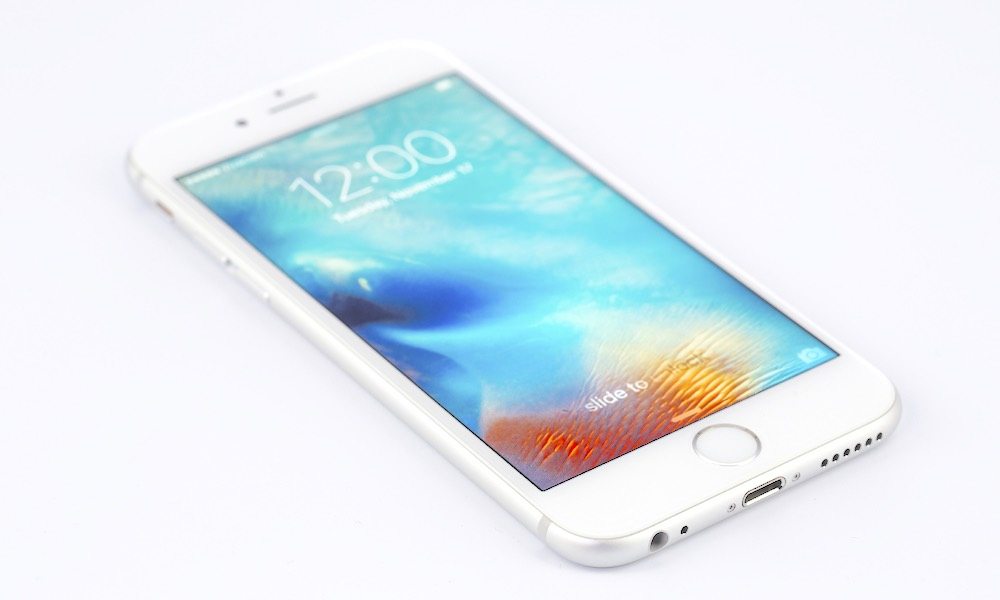AT&T Has Been Spying on Data and Call Records for Profit, According to New Reports

Toggle Dark Mode
A secret AT&T program has been spying on American citizens and selling the information it gleans to various agencies for profit, a new report revealed.
That program is called Project Hemisphere, and it searches through and analyzes call records and cellular data to reveal information like where a call is made from, and who the caller is talking to. First revealed back in 2013 by the New York Times, at the time, it was described as a “partnership” between the cellular service provider and the U.S. Government, specifically the Drug Enforcement Agency. According to the Times article, the calls date back at least 26 years, and around four billion records are added to AT&T’s database each day.
While the Department of Justice called Hemisphere an essential tool in the war on drugs, new documents found that the project was being used in applications far beyond counter-narcotics operations, the Daily Beast reported. According to documents obtained by the news organization, Project Hemisphere has been used in everything from homicide investigations to medical insurance fraud. Use of the massive database doesn’t require a warrant: AT&T only required law enforcement agencies to keep the project a secret if the information revealed was used in a public case.
And rather than a “partnership,” this new report seems to reveal that Hemisphere is a product that AT&T is selling to the U.S. government at the expense of taxpayers. While telecom companies are required to hand over call records to law enforcement, it seems that AT&T has developed Project Hemisphere to be a profitable endeavor. It’s estimated that law enforcement agencies pay anywhere from $500,000 to $1 million annually for the service.
One of the reasons why AT&T was able to develop and market such a system is the sheer amount of data they possess. AT&T’s database encompasses literally trillions of phone calls — not just from AT&T customers, but from any call that passes through an AT&T switch. The company has so much data because it owns nearly three-quarters of all landline switches in the U.S., and controls the second largest amount of cell towers as well.
And this isn’t the first time the cellular company has been in the news for spying. AT&T’s close ties to the U.S. Government have been well documented. In 2006, both Salon and Wired reported that the service provider had secret rooms in its facilities across the U.S. where only government officials were allowed to enter. Similarly, in 2013, leaked documents from Edward Snowden suggested that AT&T had a partnership with the National Security Agency.
These startling reports also come at a time where the company is under scrutiny as it looks to acquire Time Warner — something that’s been called a potential “disaster” for consumers.
In December 2015, a group of shareholders filed a proposal that would require AT&T to issue a statement clarifying their policies of providing data to law enforcement and government agencies. AT&T contested it, and the case is now before the Securities and Exchange Commission.






